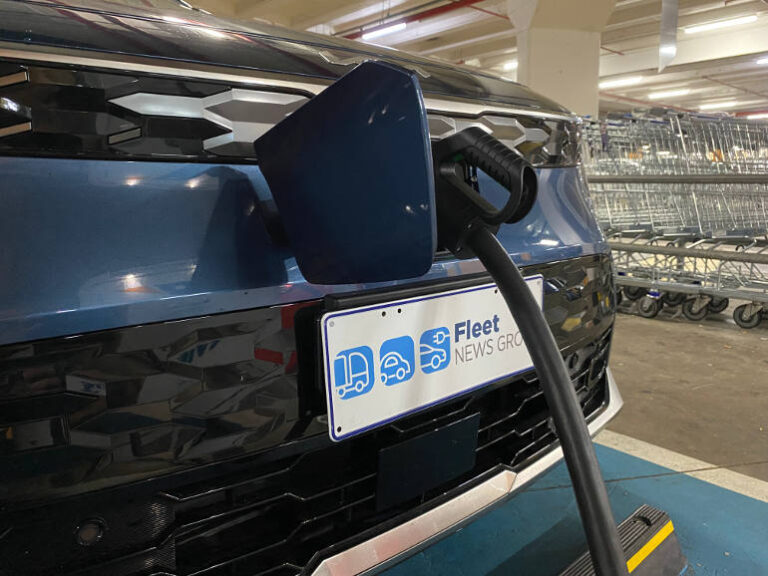The fleet management industry is being split in two by the transition to low and zero emission transport. It’s a gold rush for companies that offer novated leasing and salary packaging as individuals take advantage of the FBT Exemption to purchase their first electric vehicle. While Fleet Managers are struggling with transition plans that require more capital, more suitable vehicles, and more resources to make them a success.
The divide was highlighted in the recent first half results announcements from SG Fleet and McMillan Shakespeare (MMS).
Novated leasing is stronger for MMS who have previously claimed the top spot as the largest industry provider with 76,773 novated cars in the portfolio. During the previous six months novated sales were up 25.7% for the period with electric vehicles now accounting for 36.9% of new orders. There was also an increase in novated lease yields and average amount financed. There was little commentary on the EV transition for corporate clients.
SG Fleet are a different story. They have a balanced portfolio which includes Corporate, Novated and Lite Fleet (no finance or risk). The total fleet size at December was 273,432 with 70,385 Corporate funded vehicles, 53,612 Novated leases and 149,435 Lite Fleet.
The novated lease business was strong with an 18.9% increase in new orders and a 57.1% increase in new deliveries which reduced the novated order pipeline, and resulted in an overall increase in novated leases compared to December 2022.
SG Fleet’s Chief Executive Officer, Robbie Blau, said in the results statement, “Electric vehicles continued to attract strong interest during the period, and we have taken full advantage of that in our Novated channel. We believe the big payback in the form of broader corporate adoption is some years away, but the scale and impact for our business will be significant.”
Some years away for Corporate electric vehicle adoption means 2027 at the earliest according to the five year horizon provided by SG Fleet. They envisage several more years before delivery volumes normalise for popular tool-of-trade fleet vehicles with improvements in supply not large enough to reduce the pipeline of orders for utilities and hybrids.
To highlight the two fleet management economies, SG Fleet provided a separate slide for investors to explain why electric vehicles were driving a surge in novated leases compared to the slow EV adoption by Corporate fleet buyers.
They suggested that Corporate fleets were more ‘rational’ with their decision making and the following reasons were given for lagging adoption:
- ICE v EV cost differentiation
- Fit-for-purpose model availability limited
- Lack of charging infrastructure
- Aftersales and service network limited
- Hybrids preferred
While the novated and corporate worlds are currently operating at different speeds, the FBT Exemption is expected to expire in 2027 which is the same year corporate fleets are predicted to accelerate their transition. If the forecast is correct, the two worlds will realign for a zero emissions transport future.






